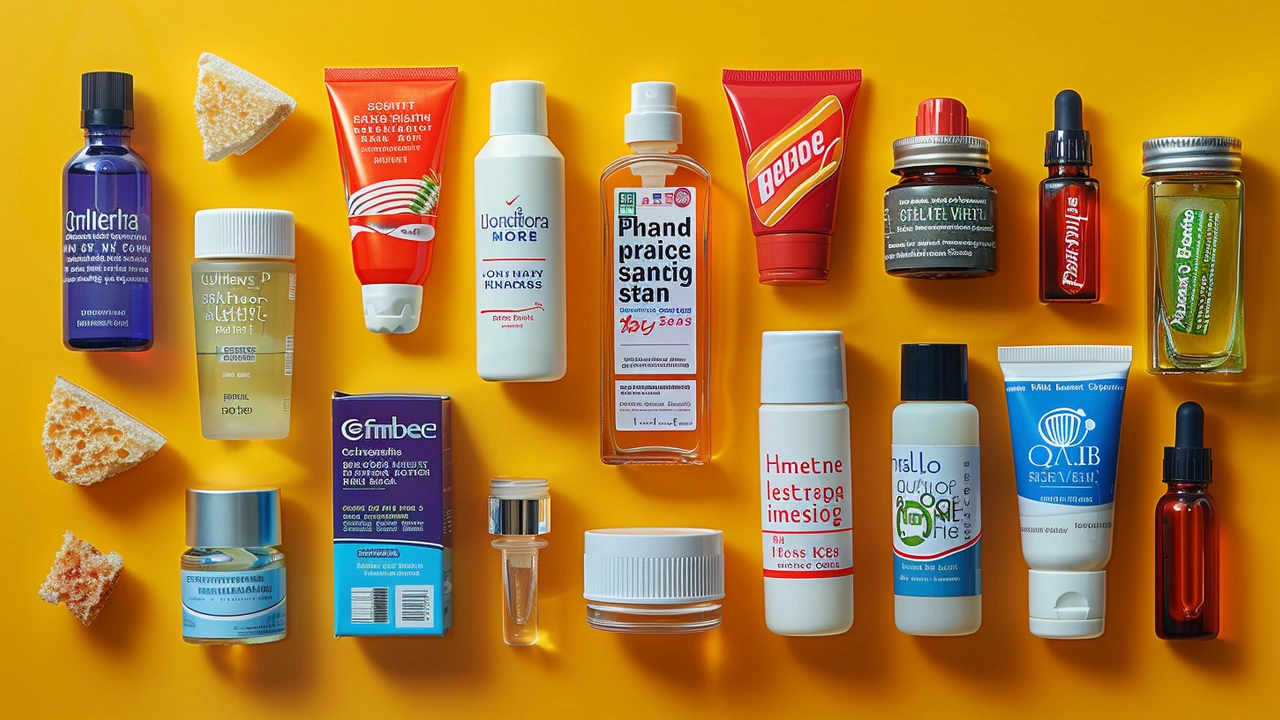Herpes Simplex Virus: What You Need to Know
If you’ve ever heard the term “herpes” and felt confused, you’re not alone. The Herpes Simplex Virus (HSV) is a common infection that shows up on the skin or lips. There are two main types – HSV‑1 usually causes cold sores around the mouth, while HSV‑2 is behind most genital infections.
Both viruses stay in your body for life. After the first outbreak, they hide in nerve cells and can reactivate later. That’s why you might see sores pop up again months or even years after the initial infection.
How HSV Spreads
HSV spreads through direct contact with an infected area or fluid. For oral herpes, sharing drinks, lip balm, or kissing can pass the virus. Genital herpes spreads during sex – vaginal, anal, or oral – even if there’s no visible sore.
The virus is most contagious when sores are present, but you can still transmit it without any symptoms. This “asymptomatic shedding” is why many people don’t know they have HSV until a partner tests positive.
Managing Outbreaks
If you get a cold sore, apply an over‑the‑counter antiviral cream as soon as you feel tingling. It can shorten the episode by a day or two. For genital outbreaks, prescription meds like acyclovir, valacyclovir, or famciclovir are usually recommended.
Daily suppressive therapy – taking a low dose of antivirals every day – can cut down how often you have breakouts and lower the chance of passing the virus to someone else. Talk with your doctor about whether this is right for you.
Besides medication, simple habits help a lot. Keep the affected area clean and dry, avoid touching sores, and wash your hands frequently. Wear loose clothing during genital outbreaks to reduce friction and speed up healing.
Stress, illness, and sun exposure can trigger flare‑ups. Try to manage stress with exercise or relaxation techniques, get enough sleep, and use a lip balm with SPF if you’re prone to oral herpes.
Many myths surround HSV – like the idea that it’s always visible or that it shows up instantly after contact. In reality, the virus can stay hidden for weeks before any sign appears, and many people never have noticeable outbreaks at all.
If you suspect you have HSV, a simple swab test from a sore or a blood test can confirm it. Early diagnosis lets you start treatment sooner and plan how to talk to partners about it.
Remember, having herpes doesn’t define you. With the right medication, lifestyle tweaks, and open communication, most people lead normal lives without frequent symptoms.
Got more questions? Check out our detailed articles on each HSV type, or reach out to a healthcare professional for personalized advice.
In 2023, individuals suffering from cold sores have a variety of antiviral creams to choose from. These products offer symptom relief and faster healing, each with unique ingredients catering to different needs.
Mar, 22 2024

